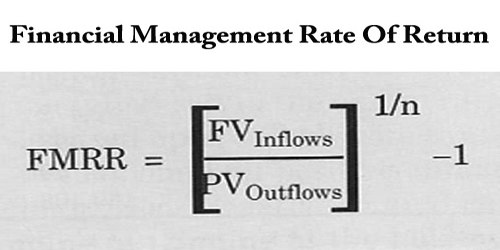Impact investing is an investment approach that seeks to generate positive social or environmental impact alongside financial returns. It aims to address social and environmental issues by allocating capital to companies, organizations, and funds that are actively working to create positive change. The goal of impact investing is to generate positive change while still providing competitive financial returns to investors. This type of investment seeks to address social and environmental issues through investments in companies, organizations, and funds with a demonstrated commitment to impactful and sustainable business practices.
Impact investments can take many forms, including private equity, bonds, and mutual funds, and can target a variety of sectors, such as affordable housing, renewable energy, and education. The goal of impact investing is to achieve both financial returns and measurable positive impact outcomes in areas such as poverty alleviation, environmental sustainability, and community development.
Impact investors actively seek to invest in companies, nonprofits, and funds in sectors such as renewable energy, housing, healthcare, education, microfinance, and sustainable agriculture. Institutional investors, particularly development finance institutions, pension funds, and endowments in North America and Europe, have been instrumental in the growth of impact investing. The Catholic Church has seen an increase in interest in impact investing under Pope Francis.
Impact investing occurs in a variety of asset classes, including private equity/venture capital, debt, and fixed income. Impact investments can be made in either emerging or developed markets, and can “target a range of returns from below-market to above-market rates” depending on the investors’ goals.
The term “impact investing” was coined in 2007, but the practice existed for many years before that. The primary goal of impact investing is to help reduce the negative effects of business activity on society. Before becoming involved with a company, investors who use impact investing as a strategy consider its commitment to corporate social responsibility (CSR) or the sense of duty to positively serve society as a whole. The type of impact that can result from impact investing varies depending on the industry and the specific company within that industry, but some common examples include giving back to the community by assisting the less fortunate or investing in sustainable energy practices to aid in the conservation of our planet.
















